Sport
Dollar
38,2552
0.34 %Euro
43,8333
0.15 %Gram Gold
4.076,2000
0.31 %Quarter Gold
6.772,5700
0.78 %Silver
39,9100
0.36 %The muscle of the likes of China in Africa over the last two decades has transformed how the continent interacts with Western powers.
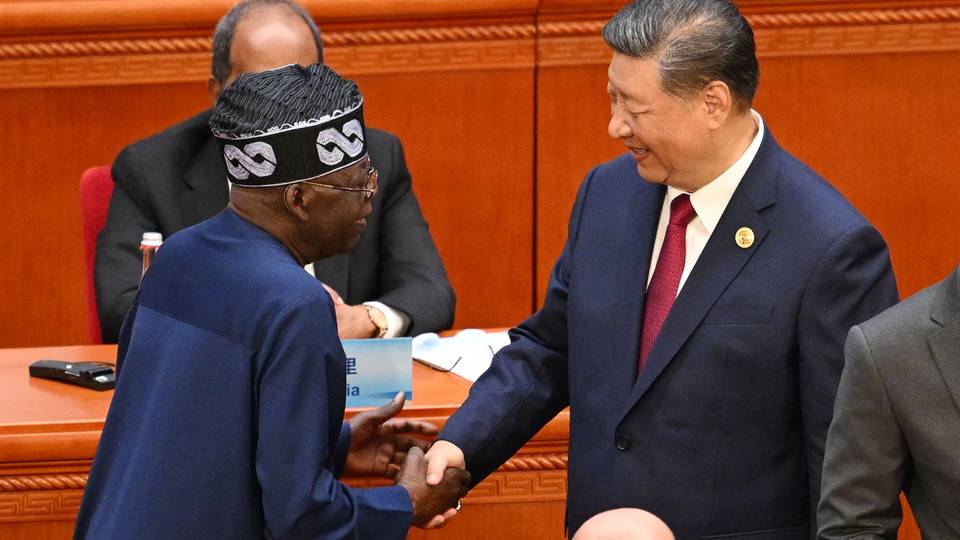
China’s President Xi Jinping deployed splendor for 50 African leaders visiting Beijing this week for a summit meant to consolidate relations with a continent where interest and competition from Western rivals is also very active.
The host country portrayed the ceremonial welcome at the Forum on China-Africa Cooperation (FOCAC) summit as a sign of respect to important trade partners. China is Africa’s leading trade partner and the continent’s biggest bilateral lender.
The lending taps has seen it pour billions of dollars in loans for infrastructure funding through its Belt and Road Initiative (BRI).
African leaders arrived at the summit in Beijing this week with bigger ambitions for better-balanced trade and job-creating investments.
“Of all the past eight summits I think this is the most successful in terms of the intensity shown by Africans. They know exactly what they want. They are exercising their agency by following their core interests,” observed David Monyae, director of the Centre for Africa-China Studies at the University of Johannesburg, tells TRT Afrika as he attends the summit.

President Xi has pledged over $50 billion in financing for Africa over the next three years to create one million jobs, despite accusations of debt diplomacy and a wave of African countries struggling with debt repayments.
“Theoretically, the long-term benefits of these projects outweighs the debts because it facilitates economic growth. However, the measure of these benefits has been difficult to gauge because the pressure to meet repayments leads to a perception that they are more burdensome than profitable,” says Beverly Ochieng, a senior analyst at Control Risks, a consulting firm in West Africa.
“African countries also prefer the policy of China’s non-interference and the less stringent conditions (for loans),” she adds.
New direction
The summit is expected to offer a direction on China’s partnership with Africa in the post-Covid era. President Xi has signaled a slowdown on vanity infrastructural projects and more focus on trade packages and lending through financial institutions, according to Ochieng.
“China has recalibrated its investments for a more sustainable approach to lending due to its own economic crisis at home. It has also renegotiated terms of loans with countries like Zambia and Kenya to sustain relations and ensure repayments are met,” Ochieng says.

Heading into the summit, African leaders sought more credit for megaprojects on oil pipelines, electricity supply and rail tracks, according to statements released following one-on-one meetings with their host Xi.
Nigeria signed a nuclear energy agreement. South Sudan’s Salva Kiir discussed with a Chinese firm plans to build an alternative oil pipeline through Ethiopia and Djibouti to enhance exports.
Tanzania and Zambia signed an initial agreement on a railway project on a key route for copper exports from Zambia's Copperbelt region.
Kenya's President William Ruto sought funding for a Standard Gauge Railway (SGR) connecting the capital, Nairobi, to a port in the coastal city of Mombasa after China halted funding.
Renewable energy and climate – where China is eyeing to be a global leader - are also topics of negotiation at the summit.
South Africa’s President Cyril Ramaphosa told Chinese firms that he was seeking investment in the energy sector as his country grapples with a domestic power crisis, the worst in decades that has devastated businesses and livelihoods.
“China has a proven track record in developing innovative renewable energy solutions. Together, we can create sustainable and environmentally-friendly energy solutions that benefit both our countries,” Ramaphosa told a business forum in Beijing.

The muscle of the likes of China in Africa over the last two decades has transformed how the continent interacts with Western powers.
President of the European Commission, Ursula von der Leyen, famously quipped that it does not make sense for the European Union to build a road between a copper mine and a port if both are owned by China.
Tussle for Africa
Analysts warn, however, that Beijing’s growing influence is not a zero-sum game for Africa in diplomatic relations with other powers eyeing a stake in the continent’s investment needs.
They say other actors can still be active in same areas as China but that African countries must strive towards their own development rather than being strongly aligned with any side in global power struggles.
“Our issue as Africans is not to take sides, we need to have a hard, pro-Africa self-interest and move with anyone that brings us an advantage and profitability,” Monyae says.
Global powers will continue turning on the charm through summit diplomacy to win friends and align with Africa. The summits have assumed even greater significance amid current simmering geopolitical tensions heightened by the Russia-Ukraine war.
“African countries will continue to be the site for geopolitical contests. The continent still presents possibilities for economic development and human capital,” Ochieng says.
“There has been heightened competition by other global powers for similar summits that will increase their footprint on the continent,” she adds.
➤ Click here to follow our WhatsApp channel for more stories.
Comments
No comments Yet








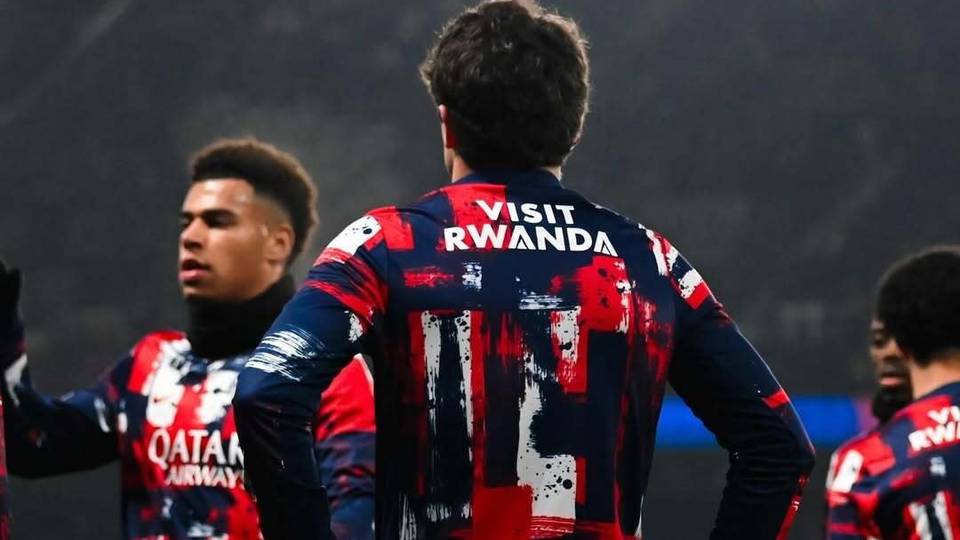
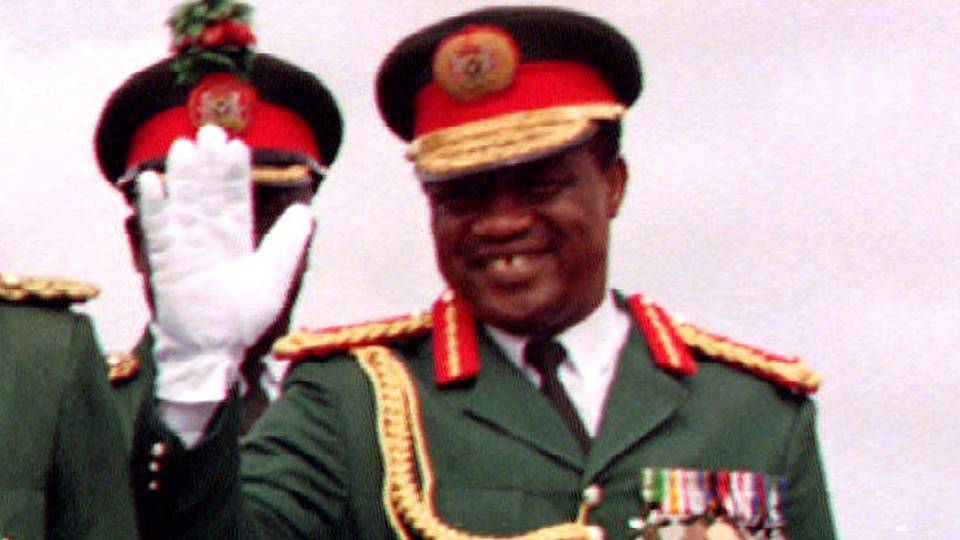
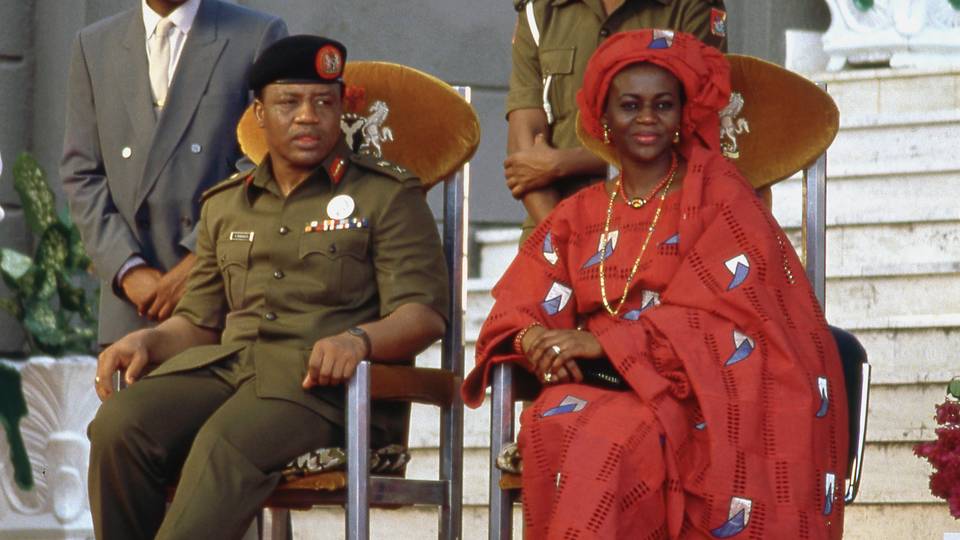
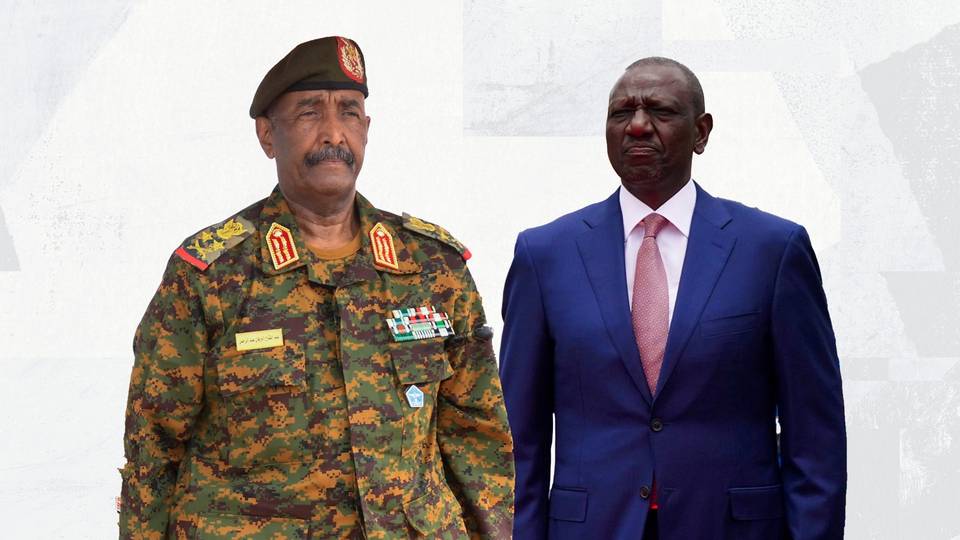








Comment